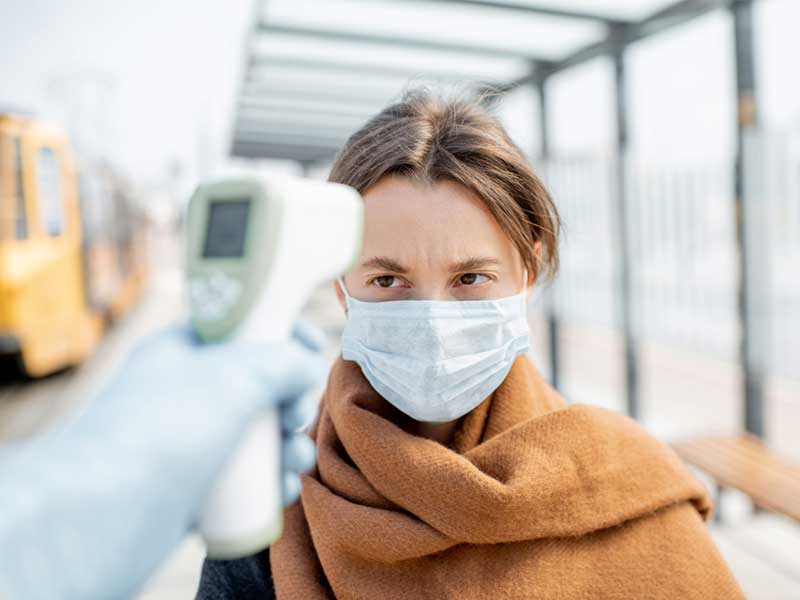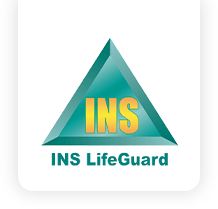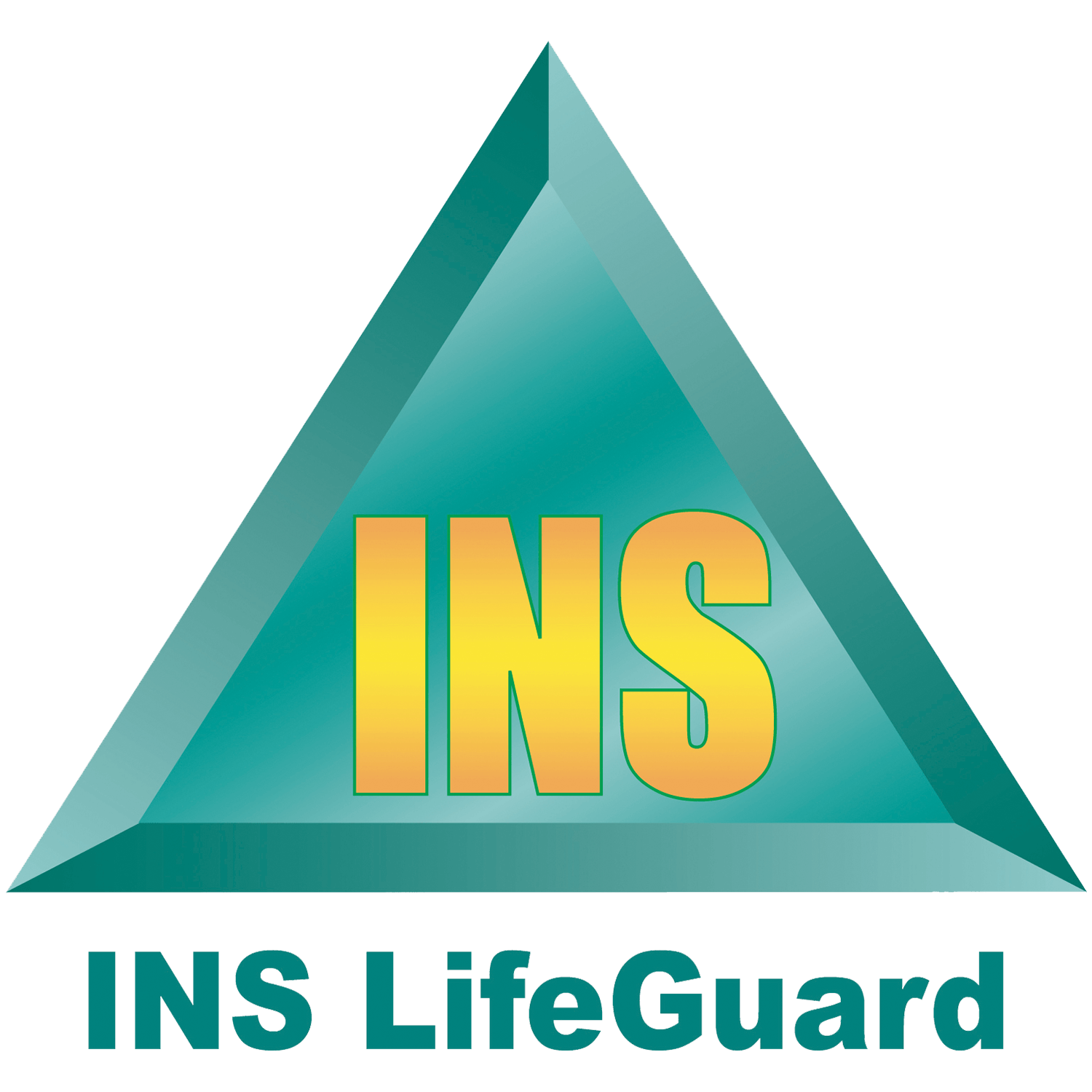INS LifeGuard
INS LifeGuard
International Enquiries
COVID-19 Symptoms, Causes & Treatments

COVID-19 has been raging around the world since 2019. Although countless measures have been rolled out by various governments and health authorities to curb its spread, the virus doesn’t seem to show any signs of slowing down. Proof of this is the recent outbreak of the Omicron strain – a new variant of COVID-19 that may not be as deadly as its predecessor but is more contagious and less susceptible to vaccines than previous strains.
COVID-19 prevention measures have been rolled out across the globe including the wearing of facemasks, practising physical distancing, and careful hygiene.
The best way to be safe against a serious disease like COVID-19 is to understand it. Let us have a look at its symptoms, causes, and treatment.
What is COVID-19?
The coronavirus disease 2019, or COVID-19, is an infectious disease that causes fever, cough and shortness of breath. It attacks the respiratory system, which includes the mouth, nose, sinuses, throat and lungs. People usually get COVID-19 from being in close contact with someone who has it. The virus is spread through droplets found in infected people’s noses or mouths. For example, if an infected person sneezes or coughs on someone else or discharges viral aerosols in an enclosed space, he or she can pass along the infection.
Symptoms
Symptoms of COVID-19 usually appear within two to fourteen days after exposure. It all depends on how it enters the body: if through ingestion or inhalation, symptoms will be much more severe than if transmitted through bodily fluids like blood or saliva. However, in individuals who have weakened immune systems or pre-existing respiratory conditions (chronic obstructive pulmonary disease, asthma, etc.). The virus can cause severe pneumonia and sometimes death. This is part of why it is very important for those who are ill or whose immune systems are compromised to stay safe. Symptoms of COVID-19 usually include congestion, fever, coughs, sore throat, sneezing, muscle aches/pains and general fatigue. Most people recover within two weeks without medical treatment or complications, but some do not. Individuals with certain medical conditions (e.g., high blood pressure, diabetes, and heart disease) have a higher risk of serious illness from COVID-19. Younger children may experience vomiting and diarrhea, which is not usually seen in adults. Senior citizens are especially prone to pneumonia if they are afflicted with coronavirus. Surgery patients also have a higher risk of severe illness because of the body’s weakened immune system during recovery.
Causes
There are many types of coronavirus. Severe acute respiratory syndrome coronavirus 2 (or SARS-CoV-2) is one of them. Infection with SARS-CoV-2 is what causes COVID-19. This type of coronavirus is similar to MERS and SARS.
COVID-19 causes a variety of diseases in humans and animals. The virus is transmitted through droplets from the nose, mouth, or throat of an infected person that is then inhaled by another person or animal. This can happen when one touches a surface that has been contaminated with the bodily fluid of an infected individual and then touches their own nose, eyes, or mouth.
Transmission may occur after having close contact for a prolonged period with an infected individual as well as being around large amounts of the virus in enclosed spaces where it has been spread by coughing or sneezing. The number of deaths caused by COVID-19 each year is surprisingly high according to the World Health Organization (WHO), which reports over 5.5 million cumulative deaths since the start of the pandemic.
Treatment
There are no specific medications approved to treat COVID-19. Treatment is aimed at keeping the patient comfortable until his or her immune system fights off the virus. You may be given fluids intravenously (through a vein) if you’re dehydrated, which can happen when you lose fluids because of fever, vomiting or diarrhea. You may also be given oxygen or a ventilator to help you breathe.
People who have coronavirus but no symptoms (asymptomatic) do not need treatment and the infection usually goes away on its own within 5 to 10 days. On the other hand, people with severe symptoms may require care in the intensive care unit (ICU). For patients with ARDS, doctors use special breathing machines that deliver large volumes of oxygen quickly. Low-level oxygen is introduced into the system first to slowly bring up the level in your blood, which helps minimize brain damage caused by lack of circulation.
Monitoring of COVID-19 Patients
Since COVID-19 spreads through close contact from one person to another, taking care of a patient who is infected with the virus can be a risky endeavour – even when you practice COVID-safe measures. This is also the reality when you provide care to someone who is not COVID positive but is at high risk of suffering from serious complications if they get infected. However, with the right solutions, you can reduce the risk of transmission without sacrificing the quality of care provided. That’s where INS LifeGuard’s TeleHealth Monitoring can provide support.
INS LifeGuard offers TeleHealth monitoring products that reduce close contact exposure and make it safer to monitor the vital signs of a COVID-positive individual by allowing you to do it remotely. The products are great for families or carers who want to have peace of mind and know that their loved ones or care recipients are safe, healthy and recovering well from COVID.
INS offers both free and professional TeleHealth monitoring. Under the free option, any measurements recorded by the user using a TeleHealth device are sent to the family or carers. Under the professional monitoring option, the results are monitored by a registered nurse at INS LifeGuard. If reading exceeds the normal range, the LifeGuard nurse will take action. Both free and professional options come with complementary TeleHealth devices.
TeleHealth Monitoring Devices are perfect for monitoring the health of those who are infected with COVID-19. These include, but are not limited to, the Sp02 Pulse Oximeter (for measuring oxygen saturation and pulse rate), the TD-1261F Ear and Forehead Thermometer, and the TD-3218B Blood Pressure Monitor.
Takeaway
COVID-19 is deadly and highly infectious, if you are experiencing COVID-like symptoms or have been exposed to someone who is COVID positive, you should take a PCR test and stay at home until the results are available. If you are confirmed COVID positive, immediately isolate yourself and follow the guidelines in your area.
To find out more about the services we provide at INS LifeGuard call 1800 636 040 or browse our website here.

About
INS LifeGuard is the only 24/7 nurse on-call personal and medical monitoring in Australia. We provide monitoring technology for both in the home and on the go and can also monitor other provider's equipment. Our services are suitable for anyone wanting support to stay independent such as the elderly, those with medical conditions and disabilities plus enhancing safety and security for lone workers.
Related Articles

-
Visit our website here
I hope you enjoy reading this blog post
INS LifeGuard is the only nurse on-call personal and medical alarm service in Australia. If you would like more information about INS LifeGuards solutions, visit our website here.
I hope you enjoy reading this blog post.
INS LifeGuard is the only nurse on-call personal and medical alarm service in Australia. If you would like more information about INS LifeGuards solutions, visit our website
here.

INS LifeGuard is the only nurse on-call personal emergency response service in Australia. We have a commitment to healthcare innovation which includes personal alarms and medical alert solutions that make independence easier, safer and more enjoyable.
Our services support Seniors, Carers, Providers, NDIS Participants, Retirement Villages, DVA, Lone Workers and anyone that wants the security that help is a press of a button away.
Quicklinks
LATEST POSTS
INS LifeGuard is the only nurse on-call personal emergency response service in Australia. We have a commitment to healthcare innovation which includes personal alarms and medical alert solutions that make independence easier, safer and more enjoyable.
Our services support Seniors, Carers, Providers, NDIS Participants, Retirement Villages, DVA, Lone Workers and anyone that wants the security that help is a press of a button away.
LATEST POSTS
Newsletter Archive
PO Box 485 Unanderra NSW 2526 Australia
INS LifeGuard
International Enquiries












